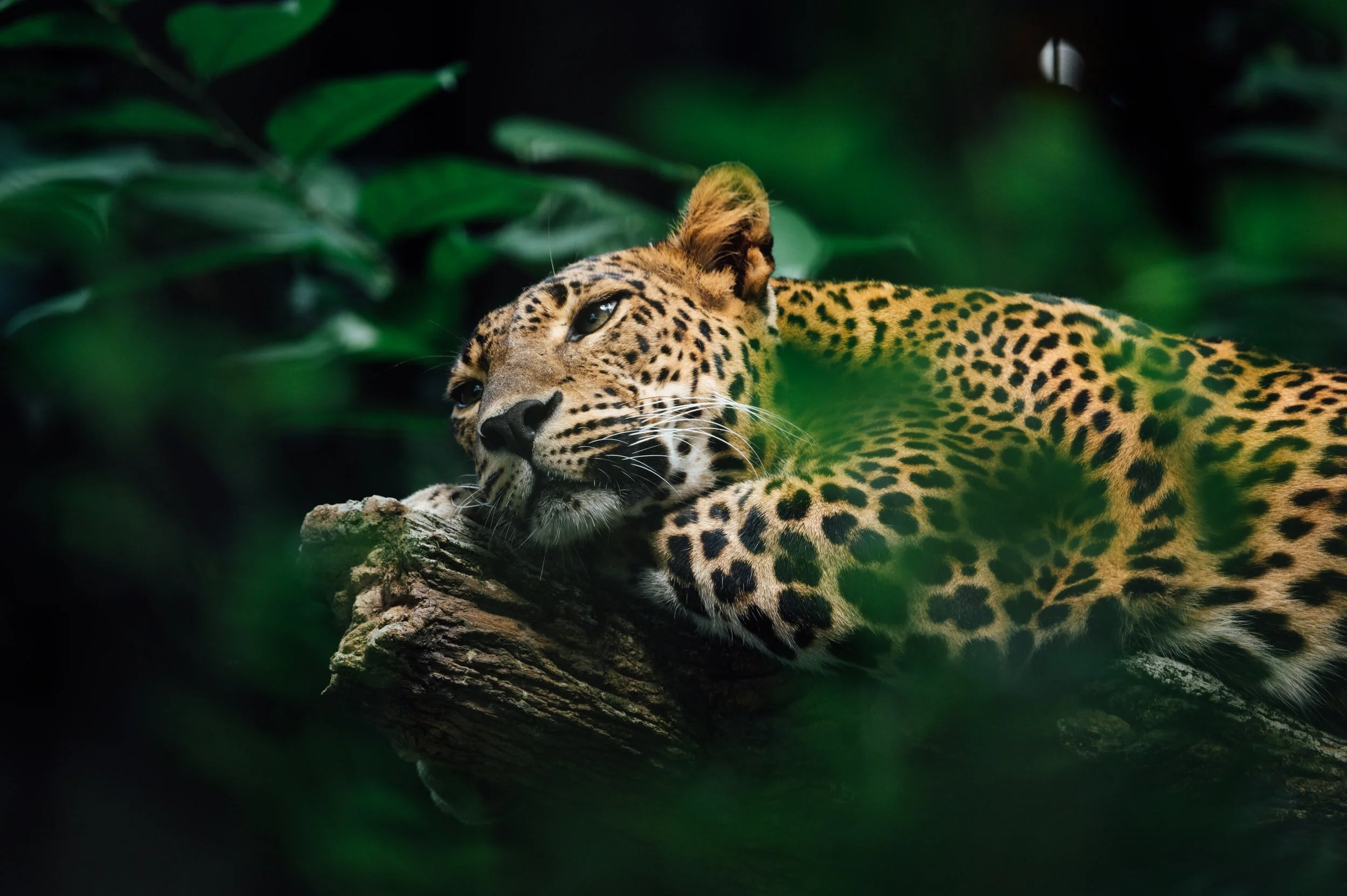My ancestral link to Ayurveda and Vedic science: great-grandfather Pandit Shiv Persaud Sharma of Guyana – a visionary leader








If there was one person whom I admired and influenced me the most along my journey to Ayurveda and Vedic Science, it would be my late Great-Grandfather Pandit Sharma of Guyana.
Guyana is a lush, densely rainforested country situated on the northern coast of South America bounded on the west by Venezuela, and on the east by Suriname, and Brazil on the west and south. The name ‘Guyana’ actually means 'Land of Many Waters' in a native Amerindian language which is apt as this eco-abundant country has four major rivers which flow into the Atlantic Ocean —the Berbice, Courantyne, Demerara, and Essequibo; and several large waterfalls - the most notable one is Kaieteur Falls, in the Pakaraima Mountains, which is the seventh most forceful waterfall in the World.
Savannahs, coastal plains, hilly sand and clay areas, majestic jungle filled with wildlife, and mountainous rainforest fills the interior of Guyana and contributes to its hot, humid, and subtropical climate.
To paint a clearer and vivid picture: an incredible 80% of the landscape is immersed in unspoiled rainforests and flora. Besides a diversity of humans who inhabit the country, Guyana is a natural habitat to over 8000 different species of plants, (many of the plant species found in Guyana’s forests are being used for making medicines both locally and internationally. Vincristine, extracted from the rainforest plant, Periwinkle, is one of the world’s most powerful anticancer drugs which has dramatically increased the survival rate for acute childhood leukaemia since its discovery).
It is also home to 225 mammal species, 800 species of birds, 176 reptile species, 148 amphibian species, and over 2000 species of fish!
Although I haven’t had the opportunity to visit this rare gem and magical ancestral home, my connection to Pandit Sharma was strong.
He was a very candid and stern character, yet he had a gentle heart and a fearless spirit. Upon creating and studying my Jyotish chart as a child, (the Vedic Science of the cosmos, heavenly luminous bodies, and one's life blueprint), he decided my namesake should be ‘Lakshmi’ and refused to acknowledge that I had been christened with the name ‘Suneeta’ by my parents already. I was Lakshmi in name and form in his eyes.
Besides being perhaps the most prominent Hindu priest in the West Indies in his lifetime, he was the father of five children, a grandfather, a great-grandfather, a great-great-grandfather as well as a godfather of thousands of Guyanese.
During the seventies, he made history by travelling often to Caribbean islands performing the first-ever Hindu matrimonial ceremonies for the Indian descendants there, the USA, Canada, and the UK to perform religious ceremonies for his children and many godchildren who had decided to leave Guyana in times of political instability.
Although Pandit Sharma was not formally educated beyond the age of nine, he read widely, especially about the great World religions, statesmen, and philosophers. He recognized the importance of proper education and vowed to provide the best for his children, as well as encouraging others to do the same for theirs. One son graduated from King’s College, London, as an expert on UK immigration Law; the other became an Oxford University graduate and a leading mathematician in the Midlands, and another became a consultant Urologist and Dean of the Faculty of Health Sciences at Guyana University.
Pandit Sharma believed in being enterprising, preaching that opportunities must be grasped with a single-minded determination to succeed.
“Repentance comes too late when an opportunity is gone”, was his favourite phrase which he quoted at virtually every ceremony he performed.
It was a fact that he was an orthodox Hindu with excellent knowledge of the holy scriptures, however, he chose to preach a religion of love that encapsulated the themes of the Bhagavad Gita and the Ramayan, but with which he believed non-Hindus could relate. I think this universal approach to spirituality I identify with personally and admire.
It is said that he was well known to lead politicians who realized, especially after the introduction of universal adult suffrage, that his support would win votes. Although he served as a councilor in Kitty, Guyana, with a profound political presence, he was not an outspoken political advocate. He was a deeply religious person first and foremost. He was consulted by many politicians on many important issues, asked to provide solutions and his advice was always consistent: if the country was to prosper he recognized that its people had to be given leadership, guidance, and most notably, the education and opportunity to be tolerant of one another and each other’s cultures. He believed that the Guyanese people must work united to build communities within which future generations would co-exist and flourish. In this way, my beloved great-grandfather paved the way for progressive change.
In conclusion, Pandit Sharma was a people person who did his best for his family, his fellow citizens, and his country Guyana. He was a founder member of the Gandhi Youth Organisation and an Ashram at Cove and John. So I believe he fulfilled his Karma and his Dharma.
काममय एवायं पुरुष इति।
स यथाकामो भवति तत्क्रतुर्भवति।
यत्क्रतुर्भवति तत्कर्म कुरुते।
यत्कर्म कुरुते तदभिसंपद्यते॥
“You are what your deepest desire is.
As your desire is, so is your intention.
As your intention is, so is your will.
As your will is, so is your deed.
As your deed is, so is your destiny."
~ Brihadaranyakopanishat 4.4.5
References
Sharma, Lutch. In Memory of Pandit Sharma
Nations Encyclopedia. www.nationsencyclopedia.com/geography/Congo-Democratic-Republic-of-the-to-India/Guyana.html
Staff Reporter. (2011). Plant Diversity. www.guyanachronicle.com/2011/05/08/plant-diversity








